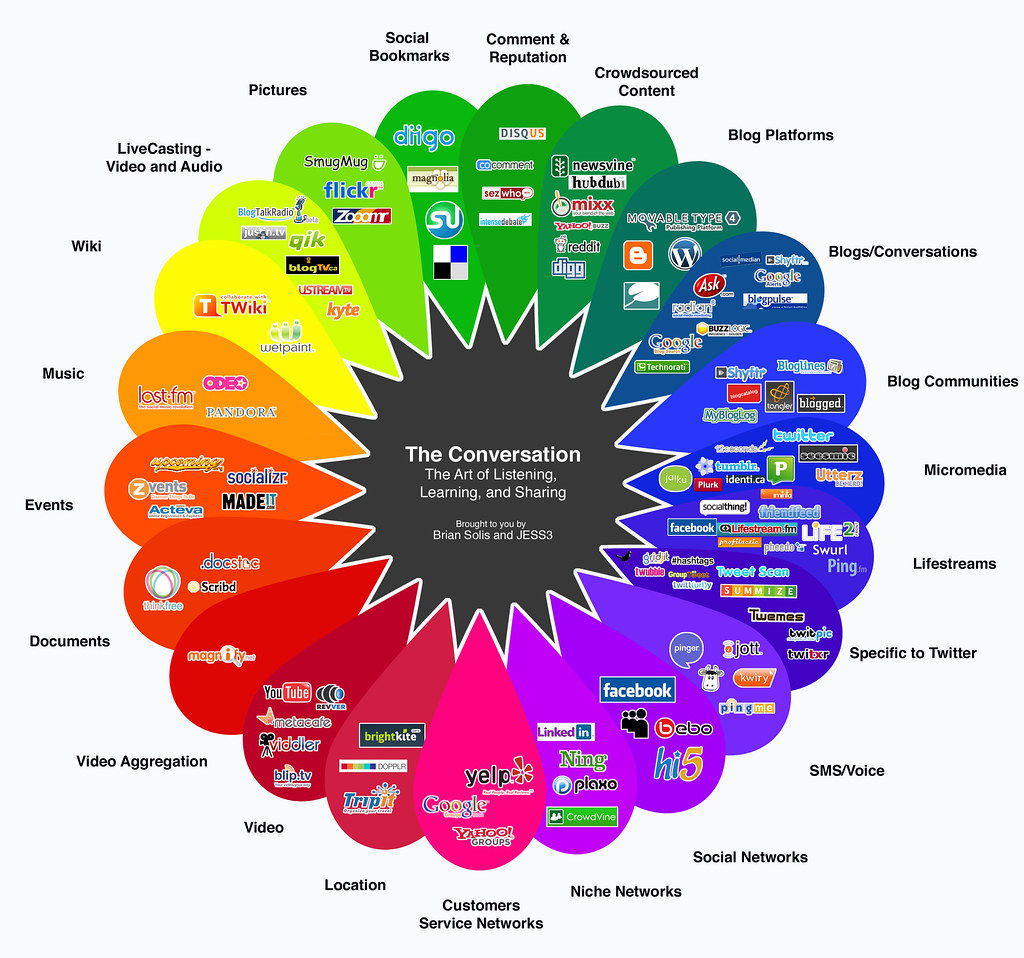Sun wakes up in the morning and the first thing she is doing is to check her e-mails, blogs, and text messages in her i-phone. Usually she uses e-mails and text messages to communicate with her friends. She is a business woman working in the field of computer engineering. Thus it is hard to make any time to meet her friends in person. Almost every night she visits lots of blogs that related to computer engineering. There are many experts who want to share their knowledge through blogs. Even though her major in undergraduate was computer engineer, there introduced so many new knowledge and information after her graduation. So she is considering to take On-line course to better catch up the new information.
I think the leaner of today is a person who continuously studies to expand his or her knowledge. Right now we are living in the world of technology. It means formal knowledge does not last forever. George Siemens' article,"Connectivism", quoted Gonzales (2004) about the challenge of rapidly diminishing knowledge life like below:“One of the most persuasive factors is the shrinking half-life of knowledge. The “half-life of knowledge” is the time span from when knowledge is gained to when it becomes obsolete. Half of what is known today was not known 10 years ago. The amount of knowledge in the world has doubled in the past 10 years and is doubling every 18 months according to the American Society of Training and Documentation (ASTD). To combat the shrinking half-life of knowledge, organizations have been forced to develop new methods of deploying instruction.” You need to keep learning to better understand quickly changing world. To do this, you can use internet like blogs or Wikipedia in which many people share their knowledge. In this digital age, "Learning is a process that occurs within nebulous environments of shifting core elements – not entirely under the control of the individual. Learning (defined as actionable knowledge) can reside outside of ourselves (within an organization or a database), is focused on connecting specialized information sets, and the connections that enable us to learn more are more important than our current state of knowing (from "Connectivism")." Furthermore, if you stop learning, there exists strong possibility that you have wrong knowledge that is not accepted as right any more. I would like to finish my writing with quotation from the video, "The Changing Nature of Knowledge", "It's not just what we know today that's important. It's our ability to continue to stay current as knowledge changes."

You have brought out many important aspects of Connectivism in your post. It is not exactly and an analogy, but it does the job.
ReplyDeleteThere is one point which needs to be made clearer. The quote from Gonzalez appeared in George Siemens' article,"Connectivism," where Siemens was quoting Gonzalez from a 2004 article that appears in the references at the end of the article. The way it appears in your post it looks as if Gonzalez was the author of the Connectivism article. Perhaps you could reword that.